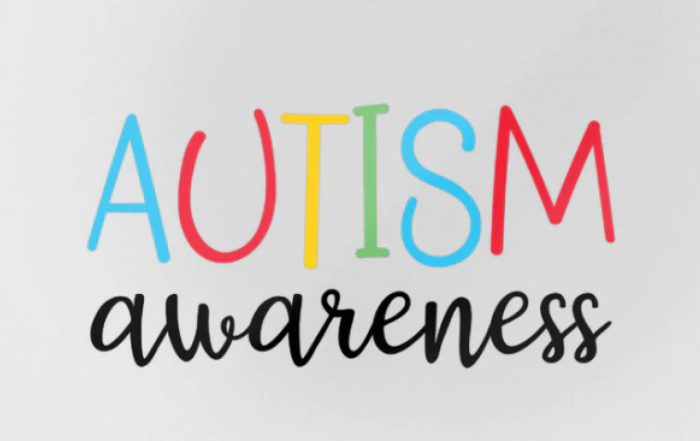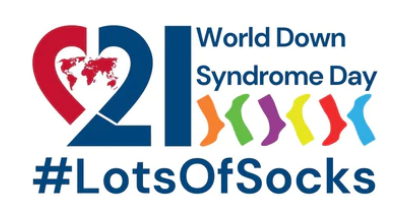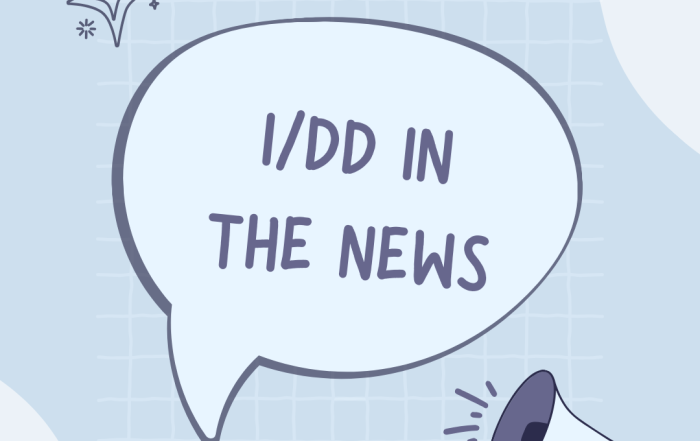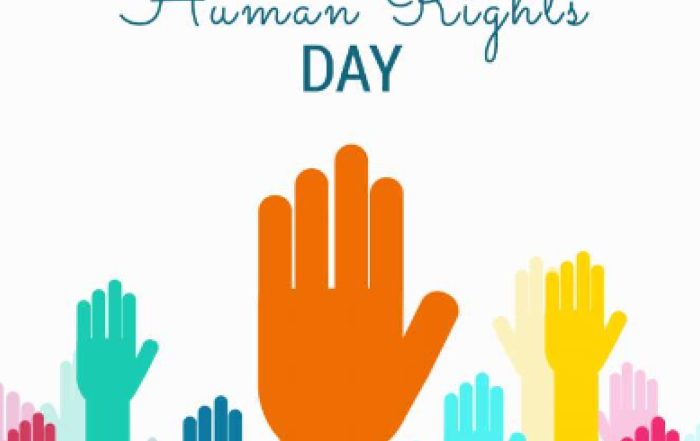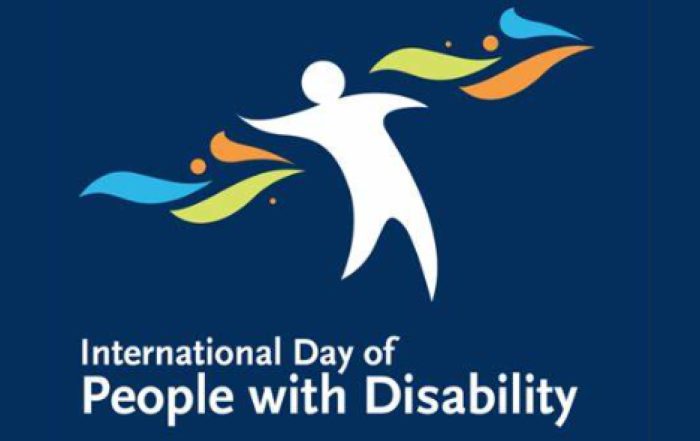CBC Hurricane Preparedness
Hurricane season is one of the times when we need to be on guard and prepared. We want to make sure those we serve and our employees are prepared when natural disasters strike, especially now, as we head into hurricane season. The National Oceanic and Atmospheric Administration (NOAA) has predicted an above-average hurricane season in 2022 with 14-21 named storms, 6-10 of those being hurricanes, and 3-6 of the hurricanes being major hurricanes.
Tips for beings prepared
Due to the continued impact of COVID-19, the 2022 hurricane season will be very different than before the pandemic, and that means that planning needs to happen early and even if you have a plan it will need to be reviewed and likely updated.
- Evacuating from your home: if you have to evacuate, try to find a family member or a friend to stay with, or even possibly, stay at a hotel. County or state shelters can sometimes be overwhelmed and crowded.
- You will also need to add some additional supplies to your Emergency/Evacuation kits. You can find a good list here.
- County and state sheltering will now have reception centers that evacuees will go to to be screened and assigned a shelter. These evacuation shelters will not be using cots and wrap-around services (Ex. feeding) will look different due to the pandemic.
- Know your evacuation zone: Both Florida and North Carolina have evacuation zones for disasters and these zones will be the way that county officials release evacuation notices. Find your Florida zone here. Find your North Carolina zone here.
- Sign up for emergency alerts in your county. You can do this by visiting your county emergency management web page. Most Emergency Management offices are also on social media and send updates and warnings that way as well.
Many Florida and North Carolina counties have special needs registries- If you have not already signed up for this it is a good tool to have. The Emergency Management teams will reach out in cases of disasters or emergencies in your area to make sure you are safe, have what you need, and provide any needed assistance before during or after a disaster. CBC can help you sign up for the registry.
Other Resources
Dial 2-1-1. This is a great resource during and after a disaster to find needed resources, information, and non-emergency assistance.
The following sites will give you more information about preparing for a hurricane or any disaster. The sites for NC and FL will also provide some realtime updates during the disaster.
If you live in a different state, simply visit Ready.gov/(state). This will connect you with Emergency Management in your state.
If you have any questions about preparing for hurricanes or other disasters please email CBC’s Environmental Health and Safety Director, Debbie Talbott, at dtalbott@cbcare.com.

